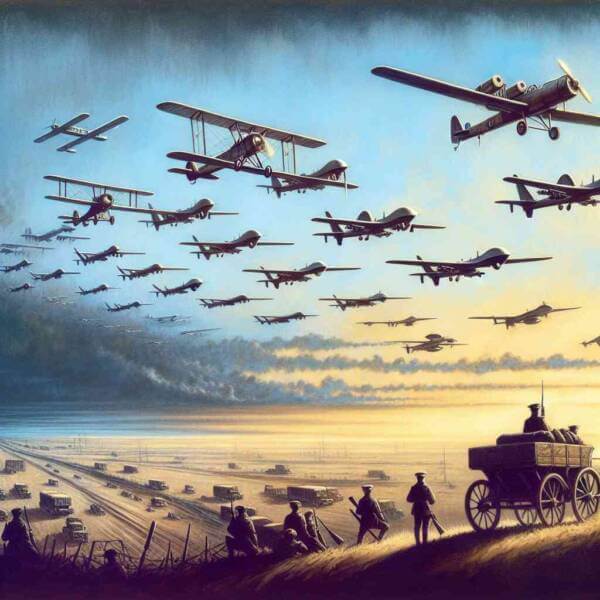
Military aviation is a critical pillar of modern defense strategies around the world.
Nations invest heavily in military aviation to protect national interests.
How Military Aviation Began
Military aviation started during the dawn of aerial warfare, with aircraft initially used for observation.
Key developments over time:
- First use of armed aircraft in combat
- Creation of long-range bombers and jets
- Emergence of strategic bombers and nuclear deterrence
- Modern drone warfare
Each era brought innovative strategies that expanded aerial warfare.
Main Categories of Military Aviation
Understanding the types of military aircraft helps in appreciating the complexity of modern air forces.
Common categories of military aircraft are:
- Planes built for speed and agility
- Aircraft for long-range attacks
- Transport aircraft
- Eyes in the sky for modern armies
Each type plays a critical function in military operations, from securing airspace.
The Strategic Value of Military Aviation
Controlling the skies protects ground operations.
How controlling the air impacts battles:
- Protecting ground forces
- Cutting off enemy resources
- Gathering critical intelligence
- Psychological impact on enemy forces
Nations with click here strong military aviation capabilities can shape outcomes.
The Next Generation of Military Aircraft
Military aviation is at the forefront of engineering breakthroughs.
Cutting-edge developments:
- Low-visibility planes
- Missiles and aircraft traveling at speeds greater than Mach 5
- Artificial intelligence-driven missions
- Directed energy weapons
These advancements expand mission possibilities for air forces worldwide.
Challenges in Military Aviation
Despite technological superiority, military aviation faces complex problems.
Major obstacles to overcome:
- Budget constraints for defense programs
- Rapid technological changes
- Protecting systems from hacking and sabotage
- New debates about AI in warfare
Addressing these challenges is essential for maintaining air power.
Where Military Aviation is Heading
The future of military aviation promises an era of transformation.
Expected advancements:
- Smarter decision-making systems
- Defending assets beyond Earth
- Eco-friendly military aircraft
- Joint defense projects
The next era of military aviation will shape the future of global security.
The Enduring Power of Military Air Forces
Military aviation remains a decisive factor in global defense.
As technology continues to evolve, the skies will remain a vital domain where military aviation safeguards freedoms.
The future of military aviation is more dynamic than ever — and it’s only just beginning.
Comments on “Military Aviation: An Overview”